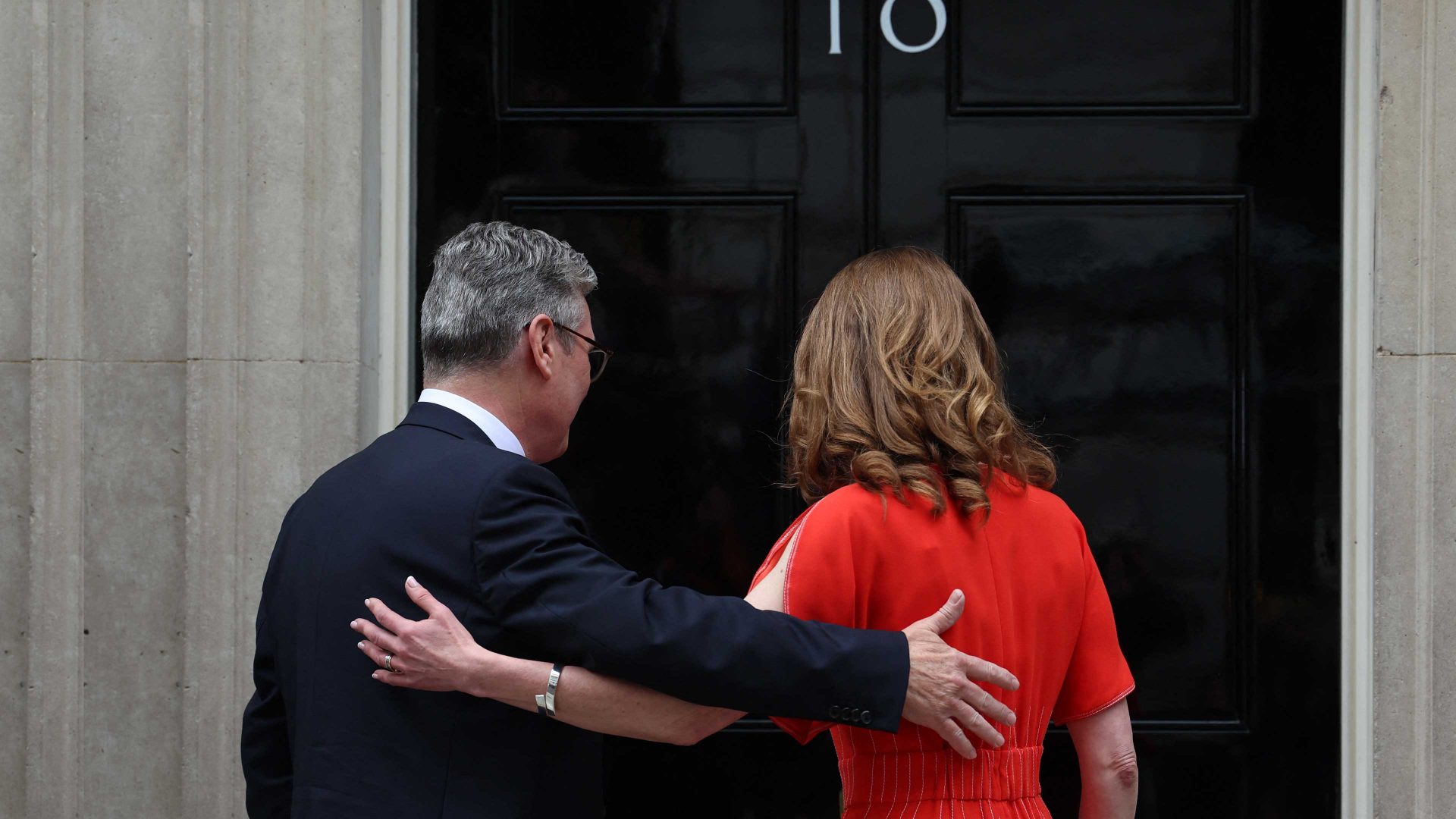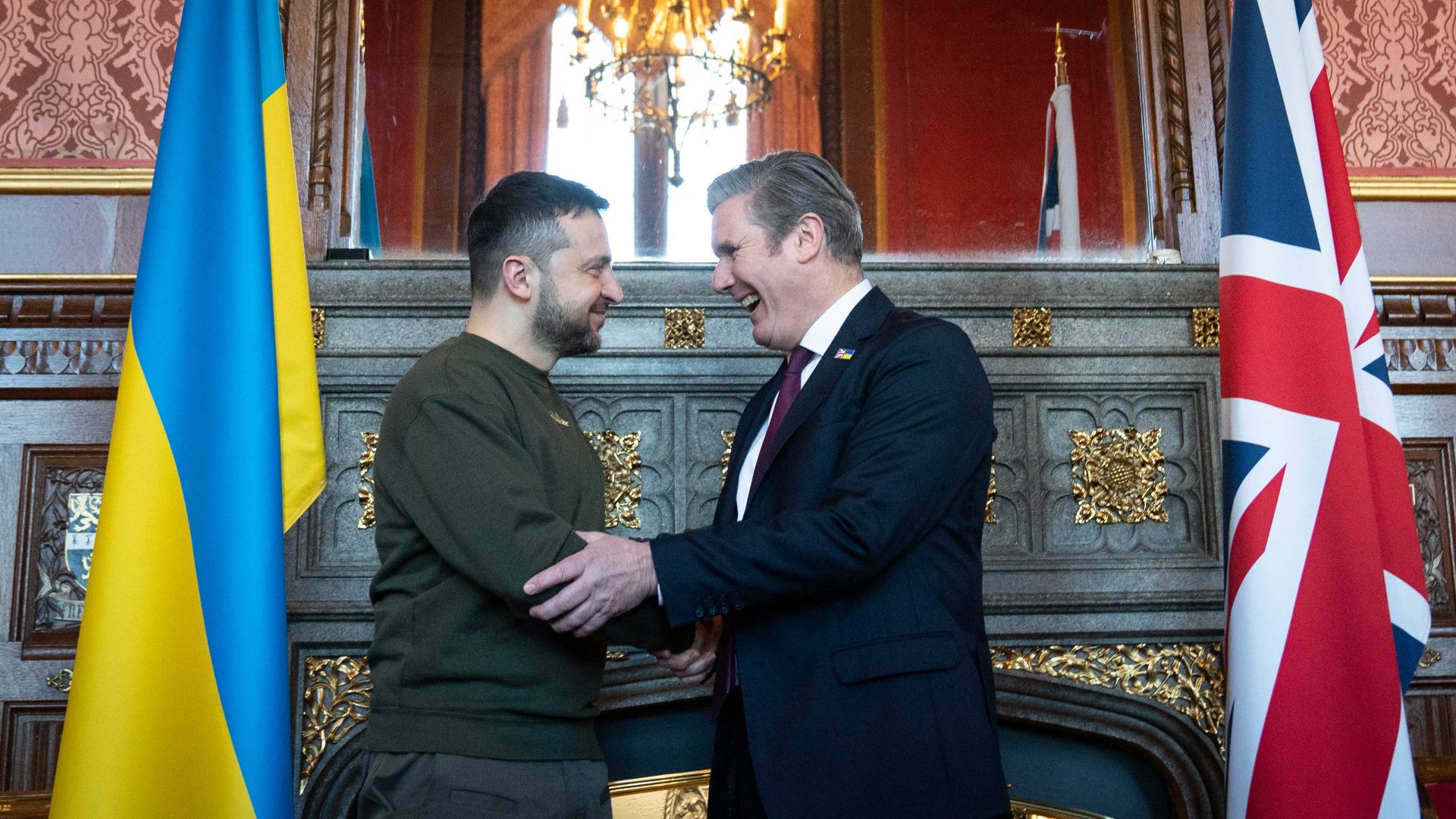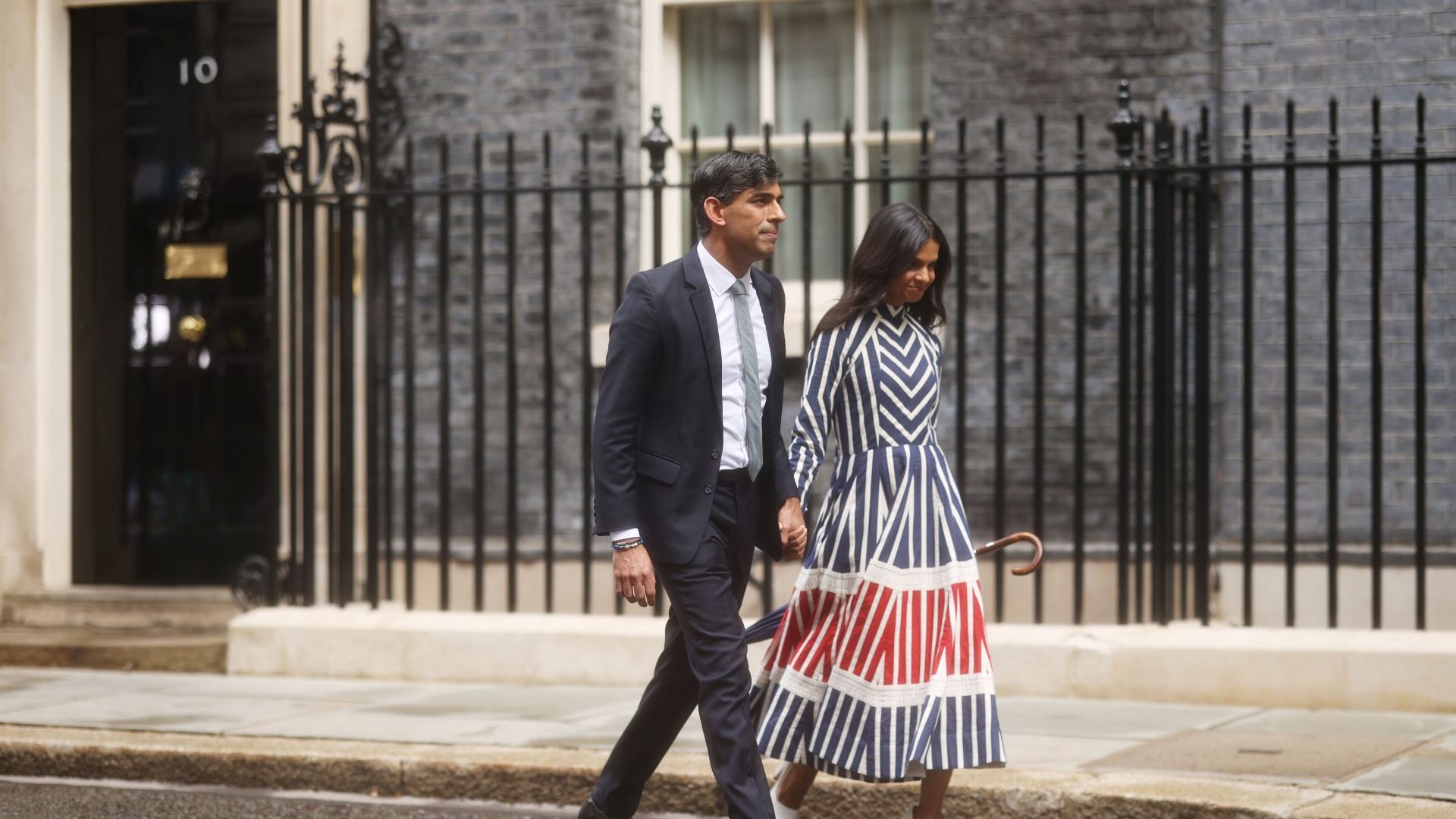All eyes in the Netherlands turned to England last weekend. No, not the election – football. All of a sudden at least England, if not the UK, was in the news, as a football superpower, our opposition in the semi-final, and a worthy opponent.
It’s not that the Dutch are entirely uninterested in Keir Starmer’s let’s be honest, long-anticipated success. They just have quite a lot of other things on their mind, as do most Europeans. For us here in the Netherlands, apart from the football, there’s the far right takeover of the country to worry about.
For the first time in a long while, Dutch politics is more interesting and offers a greater spectacle than Britain’s. While the UK went to the polls, the Netherlands’ new, most right wing ever government faced parliament for the first time. And it didn’t disappoint.
Geert Wilders provided the fireworks that everybody has come to expect of him and his band of far right conspiracy nuts and xenophobes. With controversies raging over his ministers’ use of the racist trope of “replacement theory”, he chose to stamp his mark on what in effect is his government, even if he leads it from the shadows.
There were extraordinary scenes in parliament as the new prime minister Dick Schoof, who is not party-affiliated, denied that his cabinet contained racists. Schoof parried an opposition query about racist ministers by saying that he had full confidence in his team. Wilders was outraged by this answer, which in his view didn’t go far enough, and he demanded that his puppet prime minister should state clearly that there were no racist ministers. Somewhat to his credit, Schoof initially repeated the same formula – but then he caved into his master’s voice.
Sorry Keir Starmer, with your somewhat insipid Labour Party, but we were too busy with our own high political drama to pay any attention to your, by comparison, rather stately progression to power. Yes, of course, Dutch newspapers covered your election victory, but rarely on the front page. That was reserved for football, Schoof and the far right assault on Europe.
There is still a wider European and EU indifference towards post-Brexit Britain. You are out of sight and out of mind. Starmer will attend Nato and G7 meetings, but not EU summits.
While the Dutch media was preoccupied with its own political drama, in Belgium the focus was on the French legislative elections. Even Viktor Orbán cosying up to Putin received more in-depth analysis than the Labour victory. It shows how the far right’s antics are dominating European news. In that respect, Nigel Farage and Reform UK stood out as something that commentators could get their teeth into.
One exception was the Dutch financial daily, Het Financieele Dagblad, that did splash Labour’s achievement on its front page. Its headline: “Eight years after the Brexit uprising, the British return to the centre”. One of the main takeaways: that Labour had positioned itself as the party of business. The influential financial section of the right wing Telegraaf ran a headline saying: “Rachel Reeves has a place in her heart for entrepreneurs”.
That focus on business and finance is in part due to the continuing and anomalous position of the City of London as Europe’s financial centre. It might also reflect the dawning realisation in parts of Europe’s business community that a restrained, predictable centre left government is actually preferable to the outlandish and uncosted economic populism of the far right.
The world is starting to look very different again, and if shambolic “Brexit Britain” is going to be Europe’s beacon of stability and reasonableness over the next couple of years, it will be an ironic outcome.
But I thought it could be the England football team, not Starmer, who would teach the Dutch far right a lesson. You see, I was rooting for an England win in the semi-final. If anyone was going to profit from the feelgood factor that comes from victory on the football field, I wanted it to be Starmer, not Wilders.
Ferry Biedermann is a journalist based in Amsterdam



